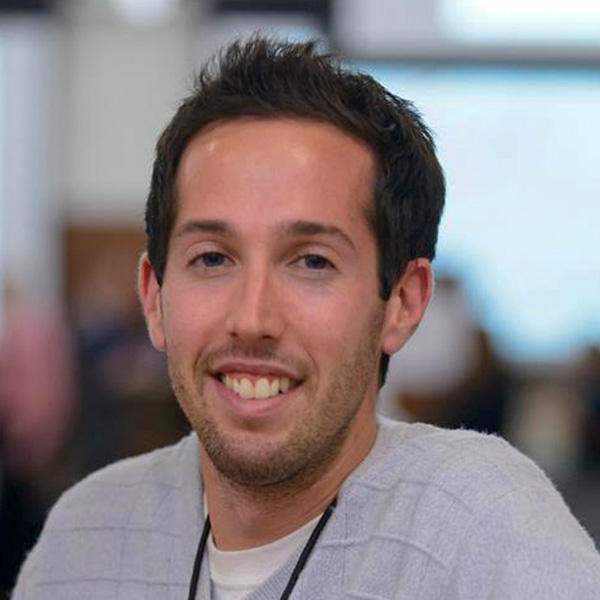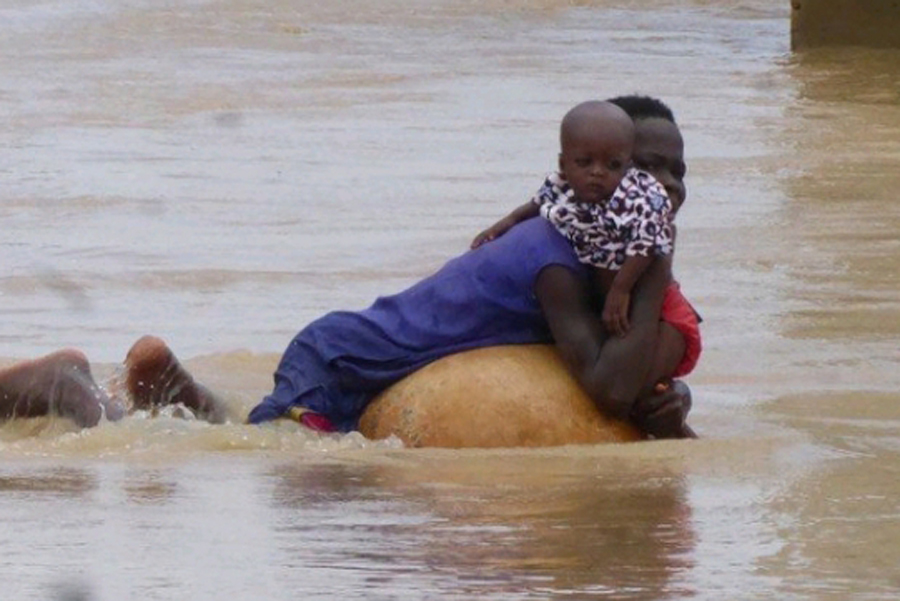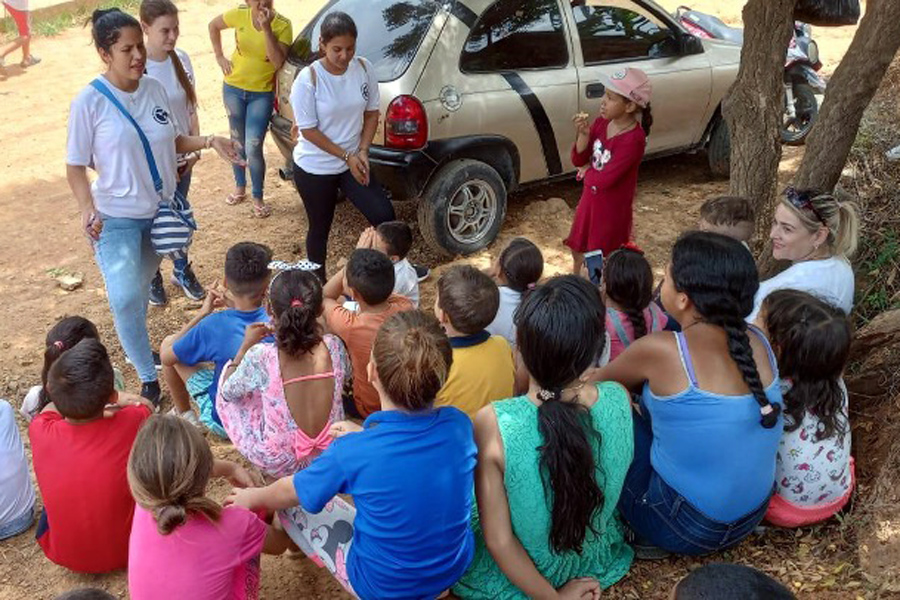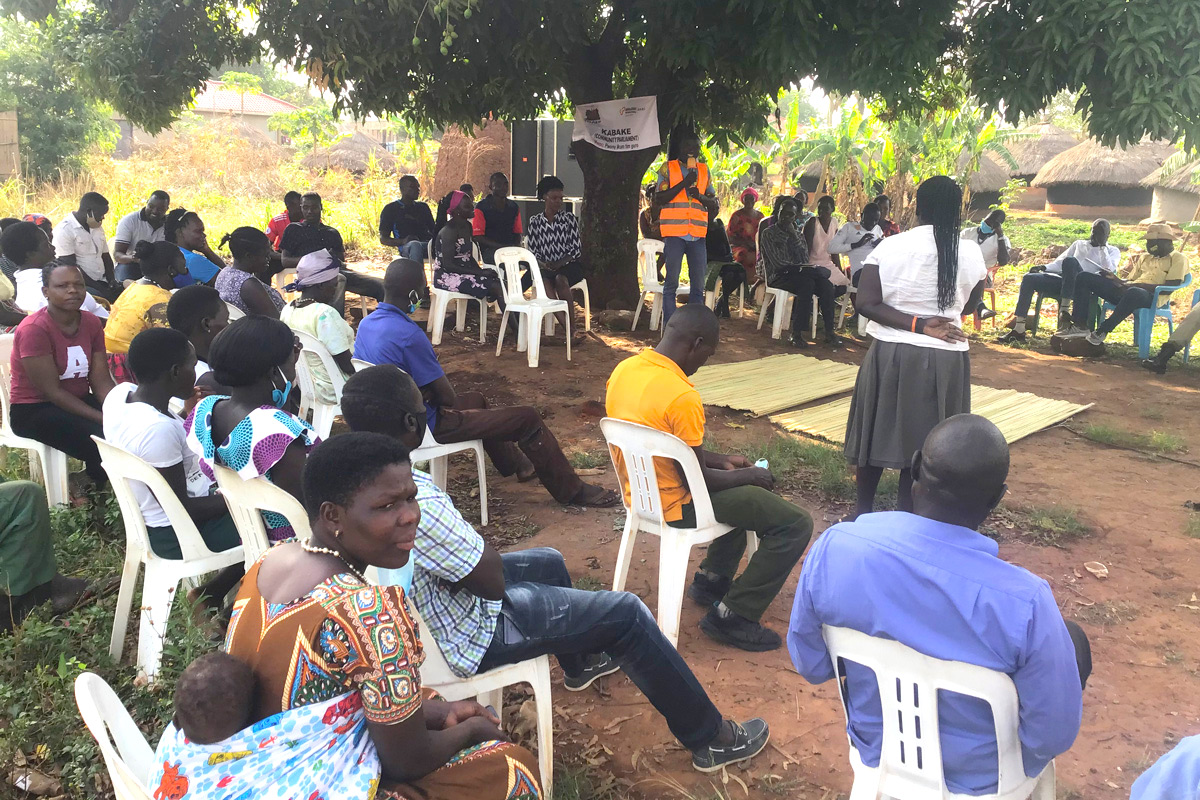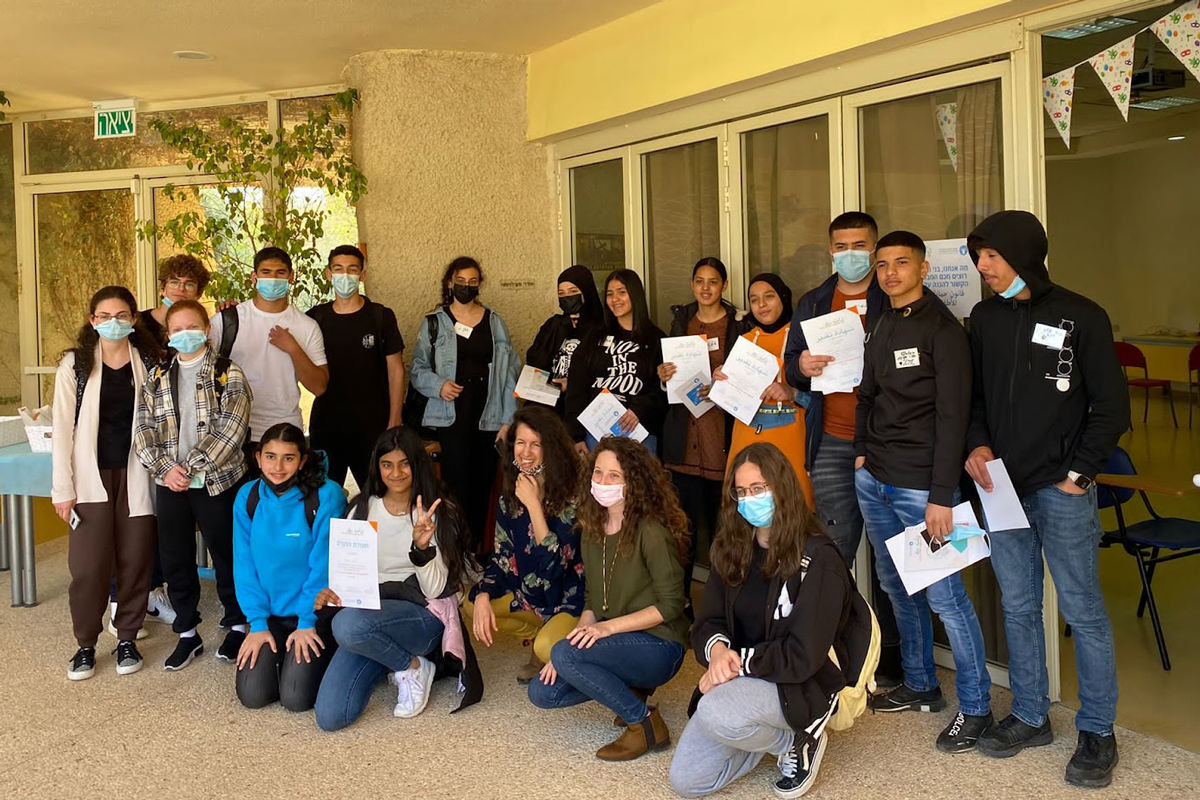“Swingset activism asks us to close our eyes and feel that exhilarating liberation you feel as a child on a swing soaring to new heights, perspective, and possibilities.”
Confucius once said that “we have two lives, and the second one begins when we realize we only have one.” I am convinced that social justice education has two awareness deepening lifecycle journeys. The first begins when you connect your personal experience to a systemic level and the second one begins when you realize social justice begins with childhood.
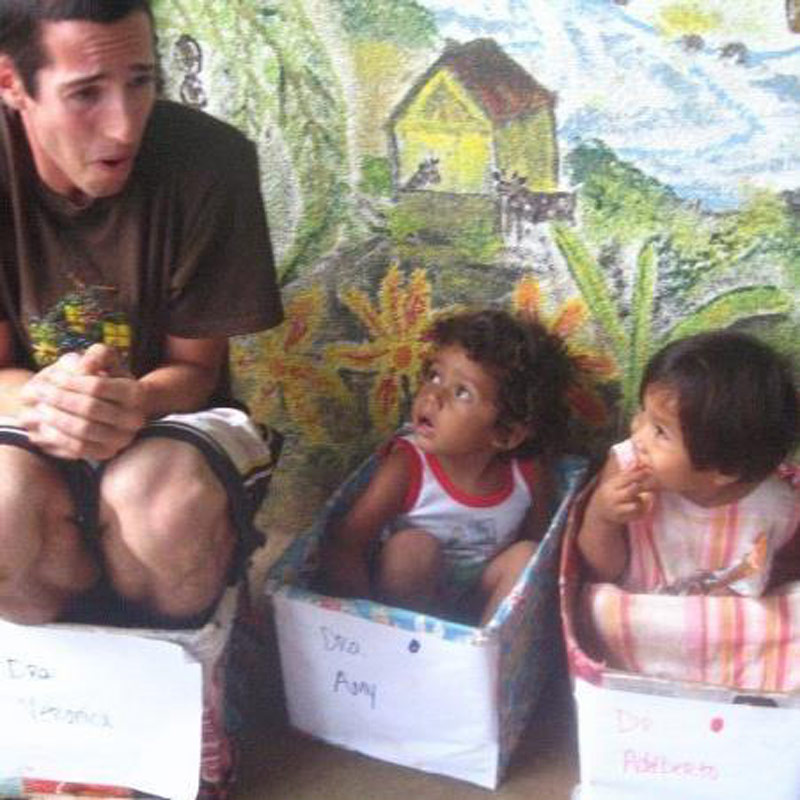
Integrating the Two Journeys
My first formal social justice education experience involved volunteering as a part of the Pangaea World Service Team in Nicaragua when I was a college student at the University of Michigan. It devastated me to learn about the leading role the US has played historically in keeping Nicaragua in poverty. I experienced what Bobbi Harro calls a “critical incident” which “creates enough cognitive dissonance that a change is initiated within the core of a person about what they believe about themselves”. Paulo Freire calls this “conscientizacao” – a transformative process from object to subject that lit my soul on fire for social justice.
Upon returning from this trip, I joined the social justice education University of Michigan’s Program on Intergroup Relations (IGR). Through social justice dialogues, I began to develop critical consciousness around identity, power, privilege, and oppression across personal, interpersonal, institutional, and systemic levels. An IGR mentor told me that there was a book, Parenting for Social Change by Teresa Graham Brett that would “blow my mind.” It completely did.
In bringing together parenting and social change, Teresa integrated her previous social justice education experience around identity and power (being a past co-director of IGR at UM) into her relationships with children. Teresa approached her relationships with children as a personal arena for practicing social justice which was integral to her pursuit of justice in the world. Her book helped me begin to see how a transformation of childhood could transform the world as I realized that there were profound lessons from the wisdom of children and childhood experiences that were invaluable for social justice education and activism.
For more than ten years I have worked with leading child and family activists from across the globe and since 2020, I have created the original concept of Swingset Activism which is currently being studied with a grounded theory approach through creative social justice education with the next generation of changemakers from across the globe. Swingset activism asks us to close our eyes and feel that exhilarating liberation you feel as a child on a swing soaring to new heights, perspective, and possibilities. Swingset Activism is a new type of activism inspired by childhood. There are many types of activism like environmental activism, relational activism, consumer activism, or design activism. Each offers a specific approach and focus lens to changemaking. Swingset Activism is activism generated by love that is integrative, relational, and imaginative. Swingset Activism brings together Ecological Systems Theory (Integrative), Relational Activism (Relational), and the Inner Child (Imaginative). It centers the significance of transforming childhood in activism as a strategy to maximize personal, social, and global transformation.
Swingset Activism brings forth a new level of awareness which catalyzed my search for my own authentic voice at the root of my passion for social justice. As I meditated on finding my inner child’s authentic voice for social justice, what came up for me is the earliest experience of being in the womb is lived experience of the profound interconnection and interdependence of human nature, and for the first few years of infancy there is no “other”. This is important to remember in pursuits of solidarity and partnership in social justice. It is our true nature. It is our original sense of inter-being that acknowledges that all of our liberation is bound together. Through the integration of these insights and practices the elasticity of my own mindset expanded of the whole world being one family and that children are, as Carol Stack would say, “all our kin”.
Understanding the wisdom of my inner child also brought back memories of having a clear, innate sense of right and wrong as a child. This recollection reminds me as an adult that the pursuit of social justice is not performative, but intuitive and relational.
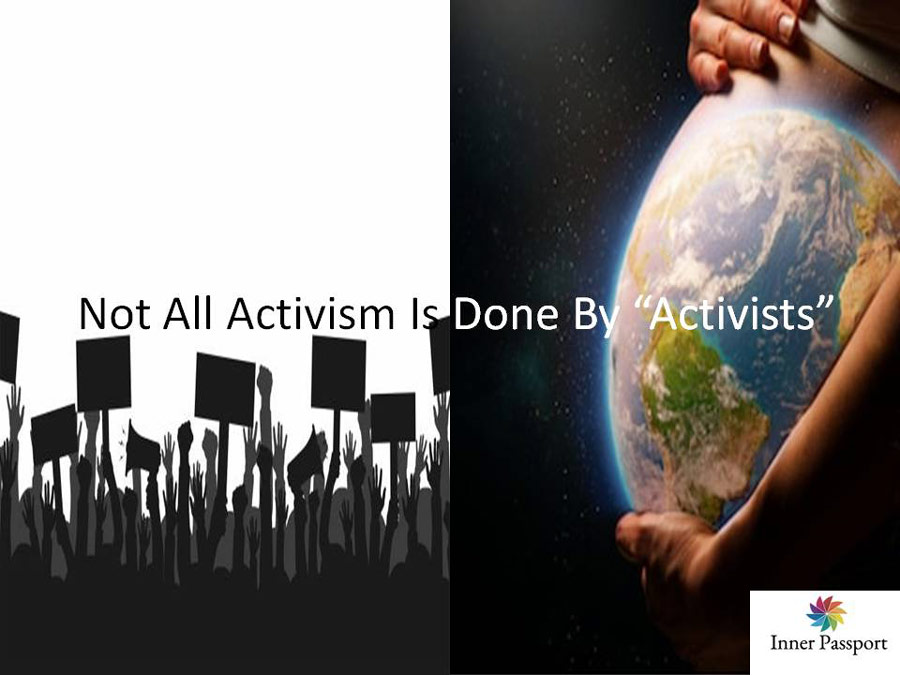
Activism as Relationship
Swingset Activism offers the insight that not all activism is done by “activists.” In their seminal academic article, “Relational Activism: Reimagining Women’s Environmental Work as Cultural Change” Sarah O’Shaugnessy and Emily Kennedy introduce the term “relational activism” for how we approach our personal and private lives that directly affect social change. Relational activism captures the behind-the-scenes, private sphere, community-building work of activism and highlights the importance of community, networks, and communication in contributing to long-term social change. Relational activism values public and private sphere actions equally while honoring the moments of social justice that happen within daily routines and in daily relations with others. For activism to be innovative and to generate a sustainable lifestyle, it needs to live within everyday moments of relationship, especially in building equal power relationships across social identity differences.
I believe that for activism to be integrated into a lifestyle it needs to relational and embrace elements of playfulness, joyfulness, loving-kindness, presence, creativity, and our capacity to re-imagine what’s possible. The process can then match the goal of social justice from integration of these valuable ways of being that children embody most regularly into activism. Audre Lorde says, “the master’s tools will never dismantle the master’s house” which calls upon our imagination and creativity in approaching social justice. I believe it acknowledges the wise contributions of children and childhood experiences in activism. It also serves as a reminder of the solidarity and sacrifice of children and youth literally being on the front lines of social justice movements throughout time, which is not credited since history is typically told by adults.
Intentionally approaching integrity in activism also requires looking critically at what I call the “activist paradox” exploring the ways in activists unconsciously recreate systems of oppression, linked to experiences of oppression in childhood within social justice efforts. Paying attention to these paradoxes will highlight the continual inner work adults need to do to heal their inner child. From reflecting on my childhood, I am able to begin a process of integration that allows me to link the change I wish to see in the world; in myself and my daily routine, ways of being, and relations with others. I have learned to view activism in a relational way that practices social justice in everyday moments, with change happening at the speed of trust, and inner and outer change being interdependent across levels.
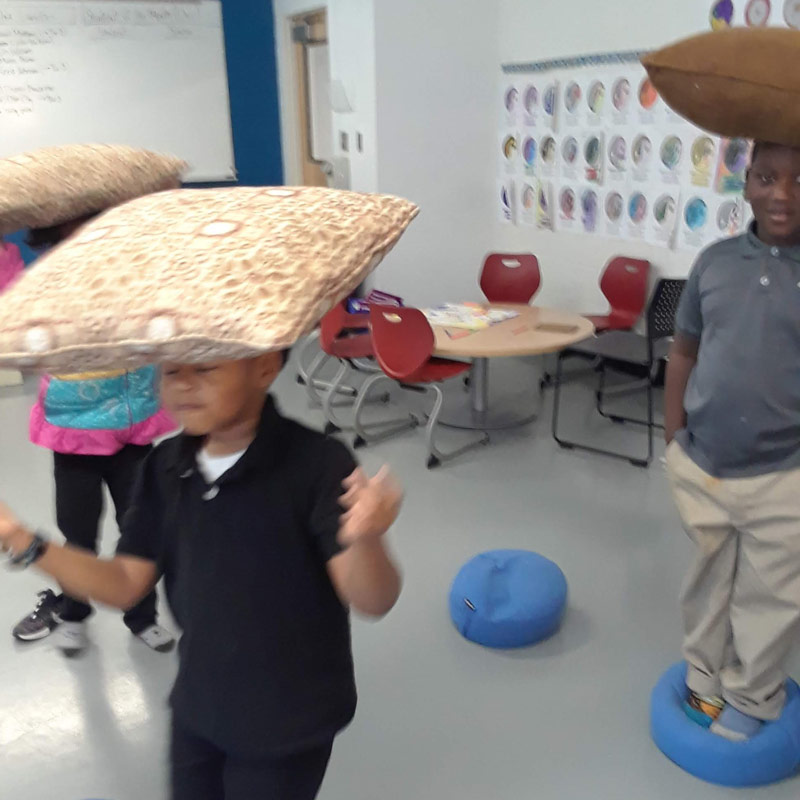
Imagining a Transformed World
As an activist, there is a desire to see clearly the roots of injustice and oppression so that efforts to create change actually transform the systems of oppression and not just the symptoms of oppression. It is known that the nature of oppression is non-hierarchical and intersectional but less known is how oppression is foundational in childhood. The wisdom of the science of relationships has revealed how our earliest relationships set a blueprint for relationships over the lifespan.
Since the oppression of children is the earliest, most normalized, and rationalized form of oppression; it provides the foundation for other forms of oppression because the first relationships in childhood root initial experiences with the common elements of oppression. These common elements of oppression are core to adultism, (the supremacy of adults over children), and underlie oppression in any form:
(1) a false notion of superiority across an identity difference becoming seen as an inherent belief that one identity group is superior to another and
(2) this belief being enforced as justification for the superior group to normalize its power and control over the other to maintain its superiority.
Adultism sets an invisible infrastructure for other socially constructed power-over divides across social identity to find deep hold, especially because children face the oppression of adultism with the least control and capacity to resist or language to make sense of the experience. Oppression then becomes internalized and normalized and the oppressed then become the oppressors, but oppression can be uprooted with the unlearning of adultism and the empowering of children, which is called childism, similar to feminism but for children.
Potentially, the most promising aspect of Swingset Activism, which focuses on social justice beginning with childhood, is that oppression is not only foundational in childhood it is notably the one oppression that all adults have common experience with – although there is difference in how adverse childhood was, everyone experiences adultism in some form during childhood. For example, despite increasing awareness of the commonality of Adverse Childhood Experiences, ACES, the overall experience of childhood involves a lack of control and domination over children by parents, teachers, and a larger institutional and societal culture of adultism. Because all adults were once children and still carry their childhoods within them, the convergence of adulthood and childhood can be comprehended in the mind and the profound interconnection of adult and inner child felt in body.
This shared experience presents an opportunity like no other for interest convergence, a concept that posits that there will only be social justice progress when it is perceived to be in the mutual interests of both the privileged and the oppressed. Unlearning adultism may provide the simplest convergence of mutual interest across a social identity power divide because it so plainly illuminates how deeply our liberation is literally bound up with one another and how adults and children are equal partners in the pursuit of social justice. Adults cannot be truly free until children are free, and until adults heal their inner child from the internalized oppression of their own childhood.
Swingset activism asks us to close our eyes and feel that exhilarating liberation you feel as a child on a swing soaring to new heights, perspective, and possibilities. As Teresa Graham Brett wisely reminded us, we can in full swing begin to “imagine a world where mistrust, power-over dynamics, domination, and oppression no longer exist because children have never experienced them.” We can begin to create a new story of childhood that creates lasting social justice and the transformation of what is possible.
If you would like to be a part of the founding of the Swingset Institute, please contact me at This email address is being protected from spambots. You need JavaScript enabled to view it.!
Sincerely,
David Charles Metler
2022 Goldin Global Fellow
Founder, Inner Passport
www.innerpassport.org
